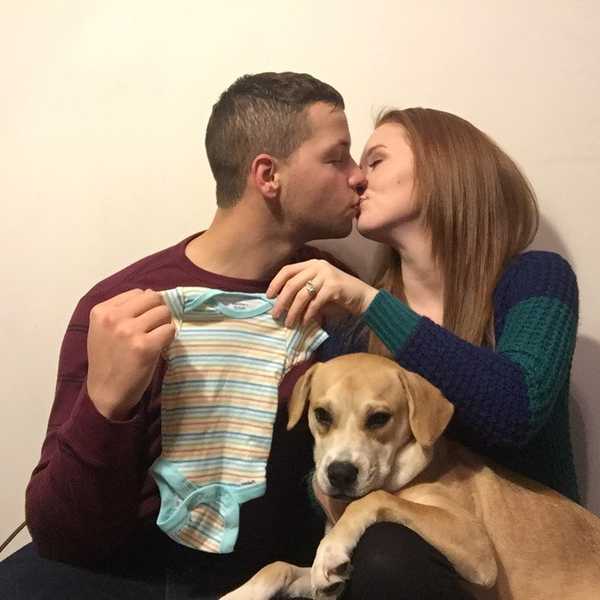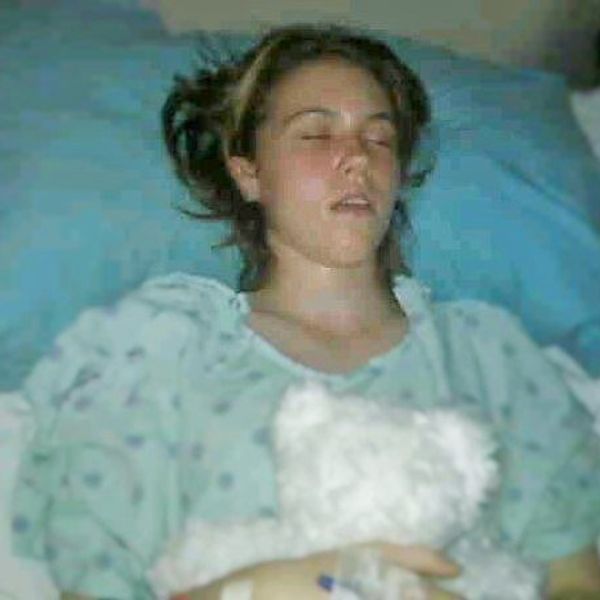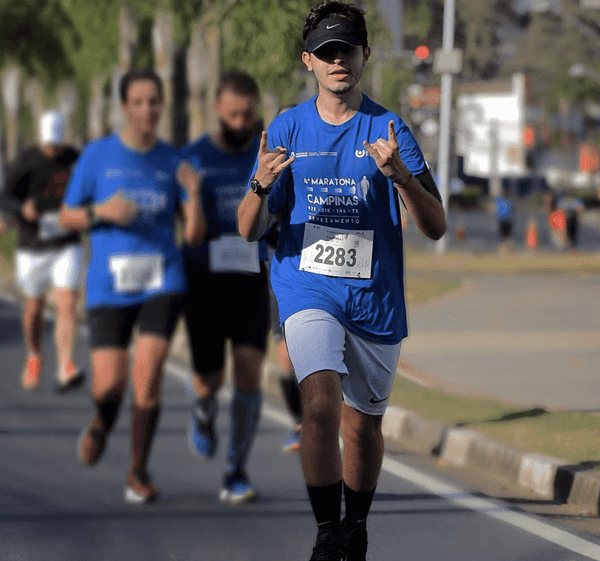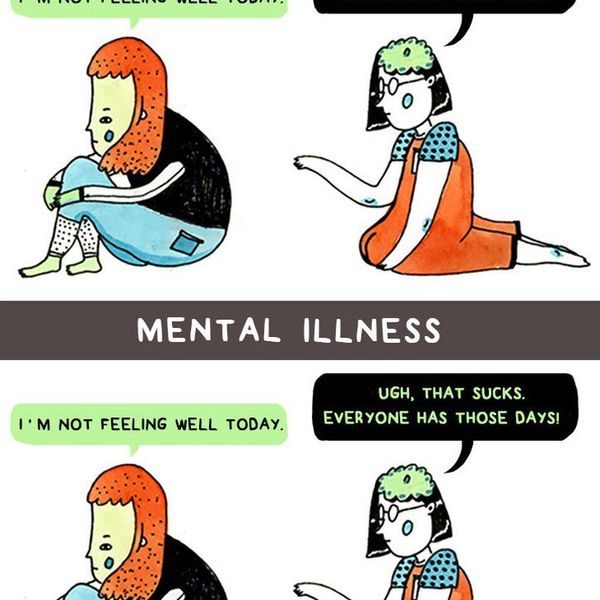It was a Tuesday morning in July of 2014 when I didn’t want to eat anything. By Wednesday, I started having flu symptoms and by Friday night, I couldn’t walk. My dad had to hold onto me to help me walk. Saturday morning, my parents took me to the emergency room thinking that it was only dehydration. After a few hours and three bags of IV fluid, the doctors decided it was time to transfer me to the local Children’s Hospital. At this point, I wasn’t scared; I honestly thought that I would be fine and back at home the next day. After talking with who knows how many doctors, they sent me to get an MRI of my spine. This confirmed the doctors' thoughts that it was Guillain-Barre Syndrome (GBS- I’ll explain in a little). Once I got back from the MRI, I was immediately transferred to the Pediatric Intensive Care Unit and put on a ventilator--in Grey’s Anatomy terms, that means life support. By this point I was super scared, I only knew what a breathing tube was from Grey’s Anatomy and I thought that I dying, and honestly, I pretty much was. Before they put the breathing tube in, I was only able to move my hands because my lower body and part of my abdomen was paralyzed.
Guillain-Barre Syndrome is a rare syndrome in which your immune system attacks your nervous system and shuts down your body. It is a super rare thing: only one in 100,000 people are affected. Doctors are unsure of what the exact cause is, but they believe that it could be from an ear piercing, tattoos, child birth, surgery or even everyday stress. Really anything that can cause stress to your body can cause GBS to happen. Here at Children’s Hospital in Colorado, they had not seen such a severe case of GBS in three years. My case was so severe that I was paralyzed from my eyebrows down. This meant that my eyelids were not open, but they were not closed all the way either. What I did not know at the time was that the doctors told my parents to prepare to live in the hospital for six months to a year. This was the hardest thing to hear--living in the hospital for that long meant that I would be missing all the fun activities of my senior year, and walking at graduation. I was told that I would graduate a year later, and if I was lucky to graduate on time, I would be there in a wheelchair.
I don’t remember my first few days in the hospital because they had given me so many medications to help my body not fight off the breathing tube. The first thing I remember is moving rooms and everything after that. After about two weeks on the breathing tube, the doctors had to pull it because it was starting to get bacteria. My family thought it was a good thing, and it was, until later that night, I was not able to breathe on my own so they had to put in another breathing tube. Soon after they put in the second tube, they had to take it out again because of bacteria, so I was left with two options: they could take out the tube and see if I was able to breathe on my own, or they could take me straight to surgery for a tracheostomy. I chose to go straight to surgery. Because the OR was getting so busy, they postponed my surgery more and more as the hours went on, and I was even scared about if I was even going to make it to surgery. Thankfully I did. My nurse that day told me she has never seen a patient come from a trac surgery and be so at peace with things. After surgery, I only spent a week more in the PICU before it was time to move to the rehab floor. And that is where I leave you for now, letting you wonder what it was like to learn to walk, talk and eat again. Well, I will tell you, but at another time.





















